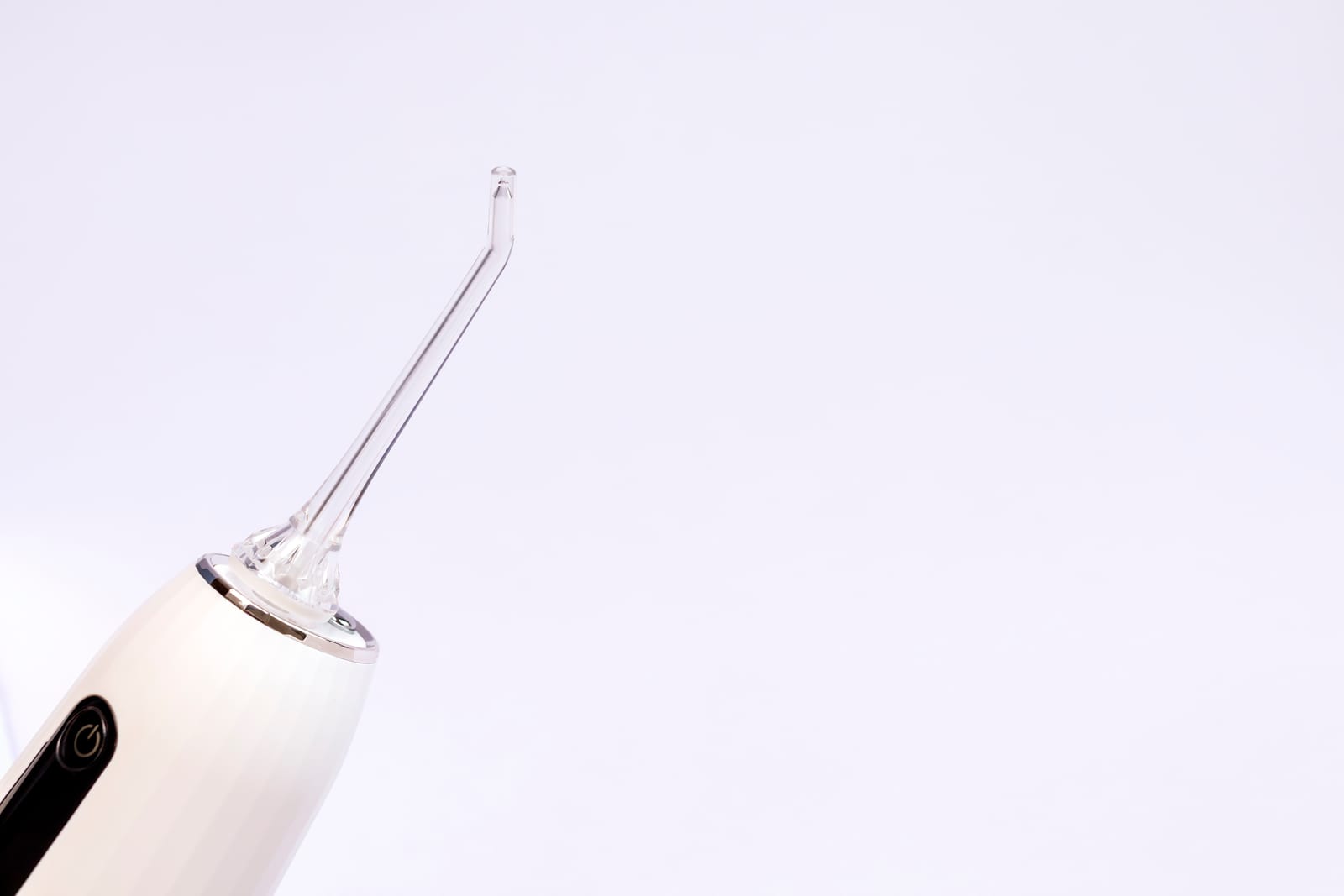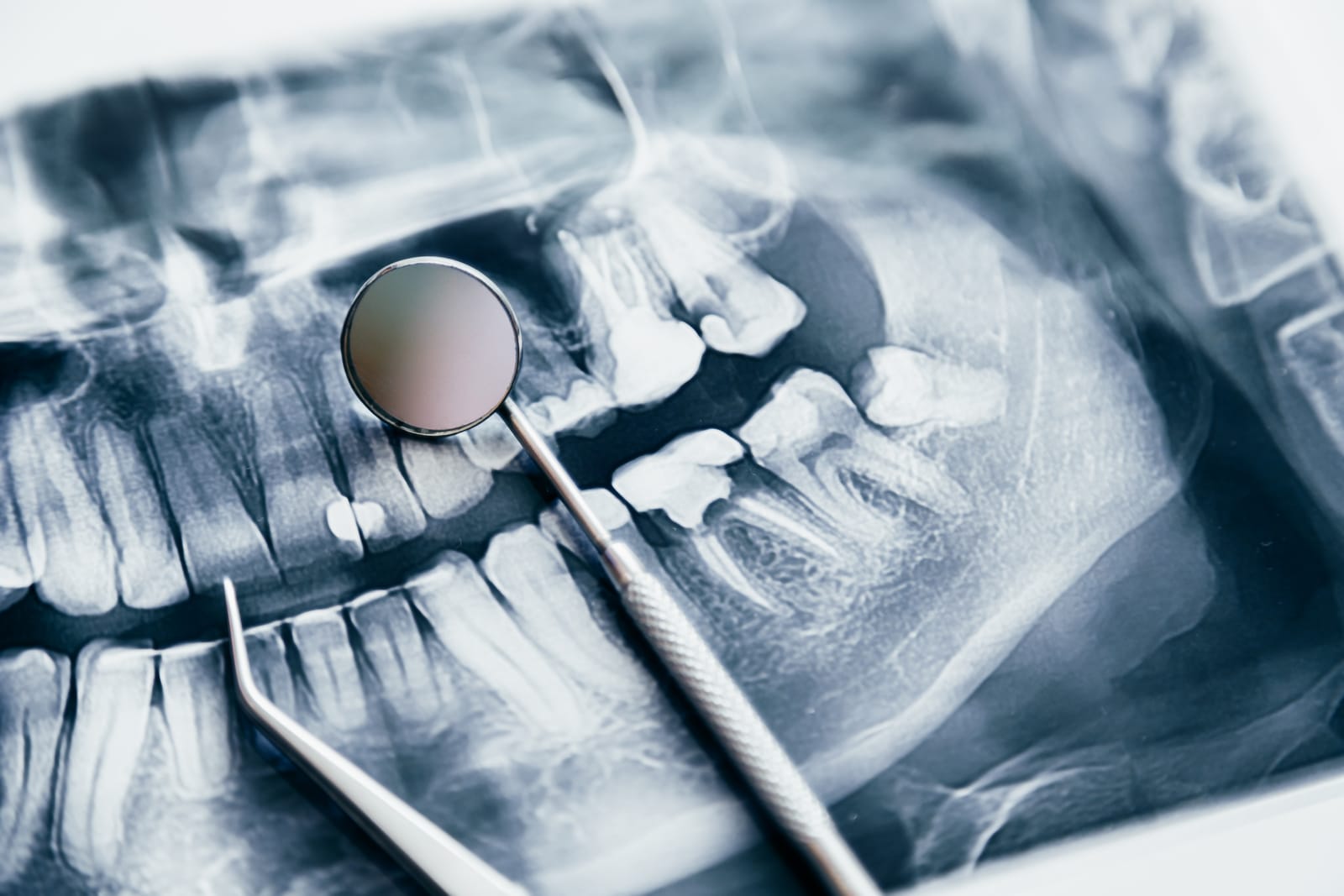Waterpik Benefits Explained: Does It Really Remove Plaque?
Proper oral hygiene goes beyond brushing your teeth twice a day. While traditional flossing remains important, many people struggle with the technique or find it uncomfortable. This has led to growing interest in alternative cleaning methods, particularly water flossers like Waterpik devices.At St. George Dental Care, we frequently receive questions about these devices from our…


